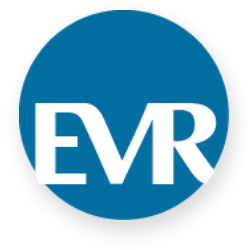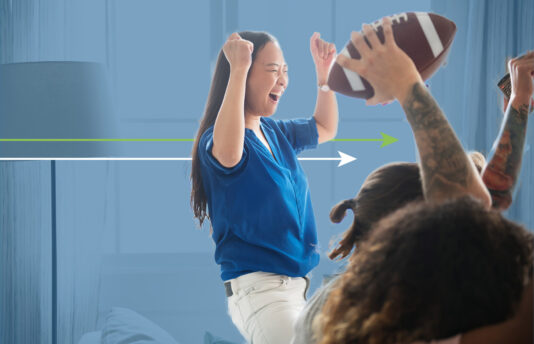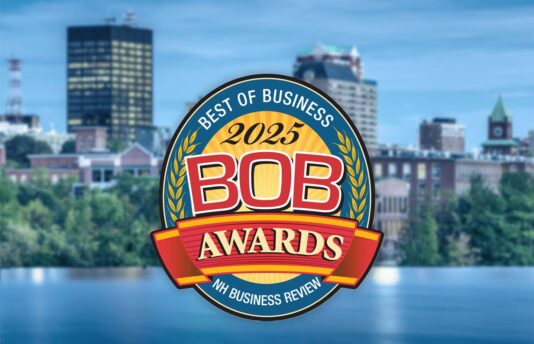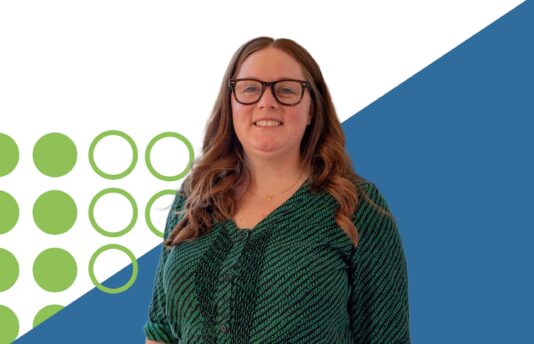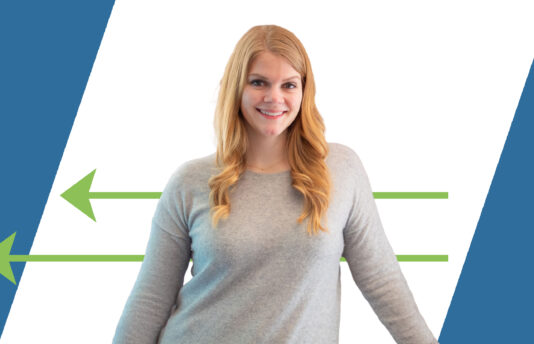We don’t have to tell you that the senior living industry is a competitive space. That’s why hosting successful sales events is critical for capturing prospects’ attention and making your community stand out. Events provide an excellent opportunity to showcase the unique benefits of your community and address the specific needs of seniors and their families.
A sales strategy is vital to successful events; developing an effective sales strategy requires a nuanced approach that balances warmth, information and engagement.
First: Understand Your Audience
It’s essential to understand your target audience. Your audience is not only older adults who are looking for a community that offers security, community and quality of life, but also their families, who often play a significant role in the decision-making process.
In addition, not all seniors are the same. Make sure you understand the unique wants and needs of your specific demographic, considering income, location and background.
Another target audience that can help generate leads is the professional community, including doctors, financial professionals, move managers and realtors. Hosting events for this group can familiarize them with your community and help them see what makes it unique so it will rise to the top when they make referrals.
Next: Craft a Winning Sales Strategy
An event without a strategy is just a party. Your sales strategy is vital to a successful event—whether it’s a referral, sales or VIP event.
Here are seven ways to craft a winning sales strategy:
1. Create a Welcoming Environment: Ensure you stage your events in a warm and welcoming environment with comfortable seating and refreshments.
- Avoid having sales associates lined up in one area as if awaiting prey. Instead, split up the team so that individual salespeople circulate naturally throughout the room.
- Never make guests feel trapped. Don’t sell too hard, but don’t be afraid to talk business. That’s why they’re there!
- Keep in mind that everyone at the event is at a different place in their senior living journey, so salespeople must be aware of that and tailor their conversations to be appropriate to each prospect. That requires a discussion, not just a sales spiel.
- Schedule events on days when other things are happening on campus so the community is a hive of activity, people are out and about and the campus is at its best.
2. Mix It Up: Different events appeal to various segments of your target audience, making variety the key. Big parties aren’t for everyone, and not everyone likes small, intimate gatherings. Whatever the event, the most important thing is to make it unforgettable.
- Use a variety of formats and offer something that appeals to every segment of your target audience, whether it’s a tour, a theme party or a small Q&A event. Consider the audience’s needs and where they are in the sales funnel to customize events that will advance them to the next level.
- Be sure to mix fun events, such as theme nights or seasonal celebrations, with informational events that address prospective residents’ questions and concerns about senior living communities or the move-in process.
- Don’t be afraid to hold the same event several times. Senior living prospects can go dormant for several years before making a decision. By holding events more than once, prospects will always have an opportunity to jump back into the sales cycle.
3. Plan Engaging Presentations: Use engaging and interactive presentations to showcase the community.
- Highlight the amenities, activities and services that make your community unique. Be sure the apartments you show look their best and are an accurate example of a typical living space.
- Explain the health services you offer and any benefits, such as Lifecare, on-site rehabilitation or doctor visits.
- Use visual aids, such as videos and slideshows, effectively. Make the graphics pleasing to the eye and use pictures of real residents, not stock photos.
4. Engage Current Residents: Involve current residents in your sales events. Their firsthand experiences and stories can provide valuable insights and build credibility.
- Appoint resident ambassadors who can give tours, share their personal experiences and answer questions. Peer-to-peer interaction can be more persuasive than any sales pitch.
- Pair resident ambassadors strategically with where participants are in the sales cycle.
- Organize panels or informal meet-and-greet sessions where potential residents can interact with current residents.
- Implement referral programs that reward current residents for referring friends or family members. Whether the reward is monetary, gives priority access or simply offers bragging rights, referral programs can help expand your reach and attract new residents.
5. Offer Something Special: People always appreciate something extra and unexpected. It gives them a good feeling, makes them feel better about you and makes you stand out from the competition.
- At the end of the event, offer a take-home gift, such as a bottle of local wine or a sample of your executive chef’s scratch-made soup. Thoughtful gifts always make an impression.
- Offer special promotions or incentives to encourage immediate sign-ups, whether that be discounted rates, waived fees or complimentary services (downsizing, movers or cleaning) for a limited time.
Last: Follow Through and Measure
Your work doesn’t end when the event does. There are two vital things left to do:
6. Follow Up with Participants: Check in with every participant promptly after the event.
- Address any specific questions or concerns they may have after the event and offer further tours or meetings if needed.
- Maintain ongoing communication with potential residents and their families (or the professionals who are a source of referrals). Continue to nurture valuable leads by keeping them informed about upcoming events, new amenities and community news to keep your community top-of-mind.
- Personalize your approach: If you know their birthday, send a card. If they have a dog, send a treat or mention these details in your follow-up communication to show you care and pay attention to their needs.
7. Measure Success: Assessing your results is a crucial step to ensure events are paying off. Knowing what worked and what didn’t helps inform plans for future events.
- Collect feedback from attendees to understand what worked well and what could be improved. Use surveys or direct conversations to gather insights.
- Analyze data from your sales events to identify trends and measure success. Track metrics such as RSVPs, attendance rates, conversion rates, referral rates and the effectiveness of different marketing channels.
- Consider the timing of the sales funnel, from interest to conversion. Adjust your communication plans accordingly to stay in touch with prospects who may need more time, ensuring they feel supported throughout their decision-making process.
Developing a sales strategy for your senior community events requires a tailored approach that emphasizes a welcoming environment, personalization and follow-up. By creating an inviting atmosphere, engaging current residents and offering incentives, you can significantly enhance the effectiveness of your sales events and generate more and better resident leads.
